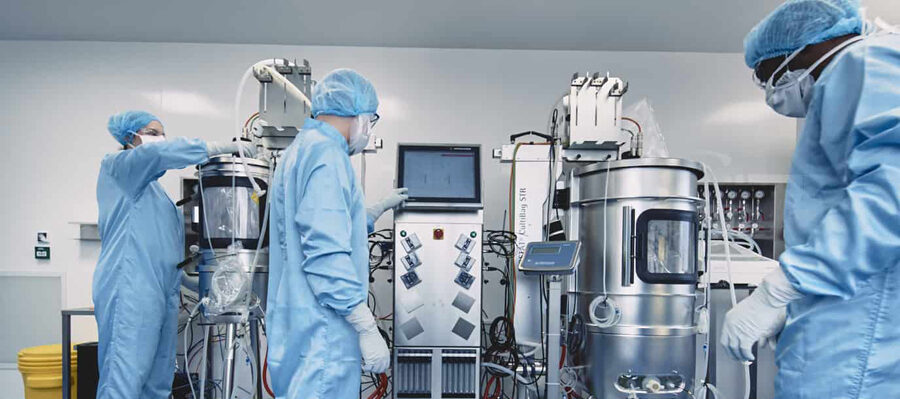Ultromics granted FDA Breakthrough Device Designation
ARC Oxford member, Ultromics, a leader in the field of artificial intelligence-powered diagnostics for heart failure, has been granted FDA Breakthrough Device Status for its AI-enhanced platform for detecting cardiac amyloidosis.
FDA Breakthrough Device Designation recognises novel innovations that demonstrate the potential to provide more effective treatment or diagnosis for life-threatening or irreversibly debilitating diseases. This is an important milestone for the field of healthcare overall, and more saliently, a giant leap forward for amyloidosis patients which suffer a dismal 5-year mortality of 44%-65% after diagnosis, if not caught early enough.
The platform, EchoGo Amyloidosis, uses artificial intelligence to analyse echocardiograms and detect the presence of cardiac amyloidosis, a condition caused by deposits of abnormal proteins in the heart tissue, using only a single commonly acquired ultrasound view of the heart.
The novel technology is designed to address the unmet need for earlier diagnosis of amyloidosis patients, which otherwise may go unnoticed until the disease has advanced, delaying treatment, and adversely impacting patient outcomes.
Cardiac amyloidosis is a heterogeneous disease that can be difficult to diagnose, often requiring specialised expertise and testing.
“Receiving a breakthrough designation for EchoGo Amyloidosis, emphasises the importance of this innovation,” said Dr Ross Upton, CEO and Founder of Ultromics. “This is our second breakthrough designation and brings us one step closer to achieving our goal of providing earlier and more accurate diagnosis for this debilitating, underdiagnosed disease. We are excited to continue working with our partners to bring this technology to market and help improve outcomes for patients.”
Najat Khan, Ph.D., Chief Data Science Officer and Global Head, Strategy & Operations at Janssen Research & Development, LLC said:
“When applied to routine tests like echocardiograms, artificial intelligence is demonstrating exciting potential to help facilitate earlier disease detection – with the goal of connecting patients with treatment sooner and, ultimately, driving better health outcomes.”
The product, , has been developed with data from several leading clinical collaborators and with support from Janssen Biotech, Inc., part of the Janssen Pharmaceutical Companies of Johnson & Johnson. The company is preparing regulatory submissions for the U.S., and the device could be approved for commercialisation as soon as early 2024.
“While treatments exist to help slow or halt the progression of cardiac Amyloidosis, underdiagnosis in the early stages of disease is a huge challenge. When applied to routine tests like echocardiograms, artificial intelligence is demonstrating exciting potential to help facilitate earlier disease detection – with the goal of connecting patients with treatment sooner and, ultimately, driving better health outcomes.”
Najat Khan, Ph.D., Chief Data Science Officer and Global Head, Strategy & Operations at Janssen Research & Development, LLC.


